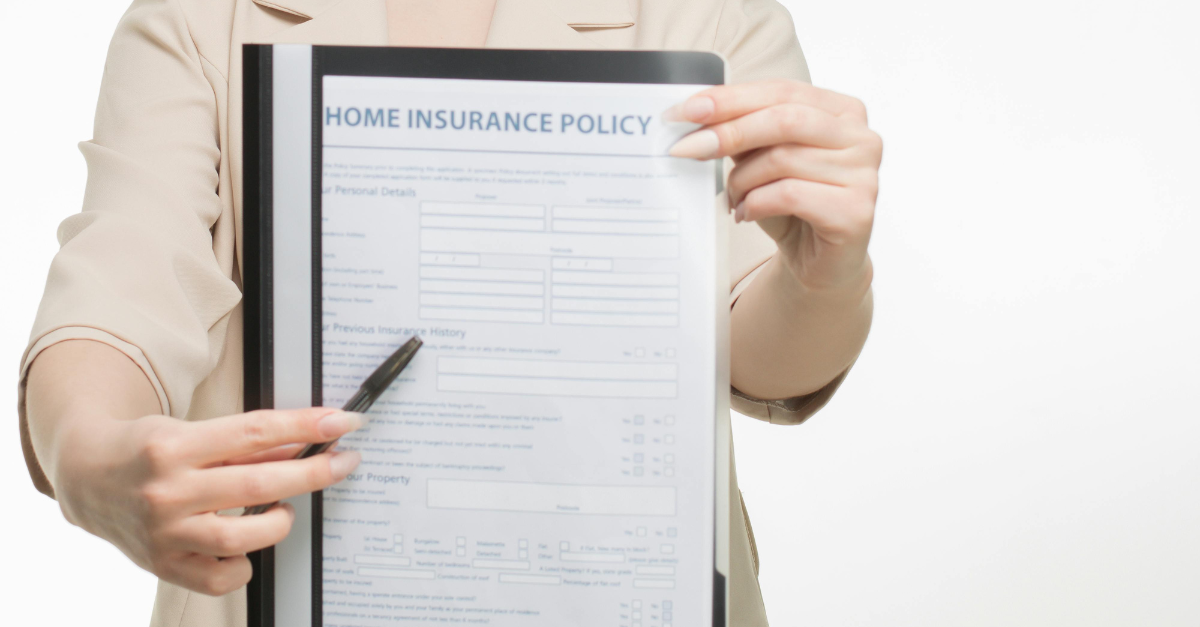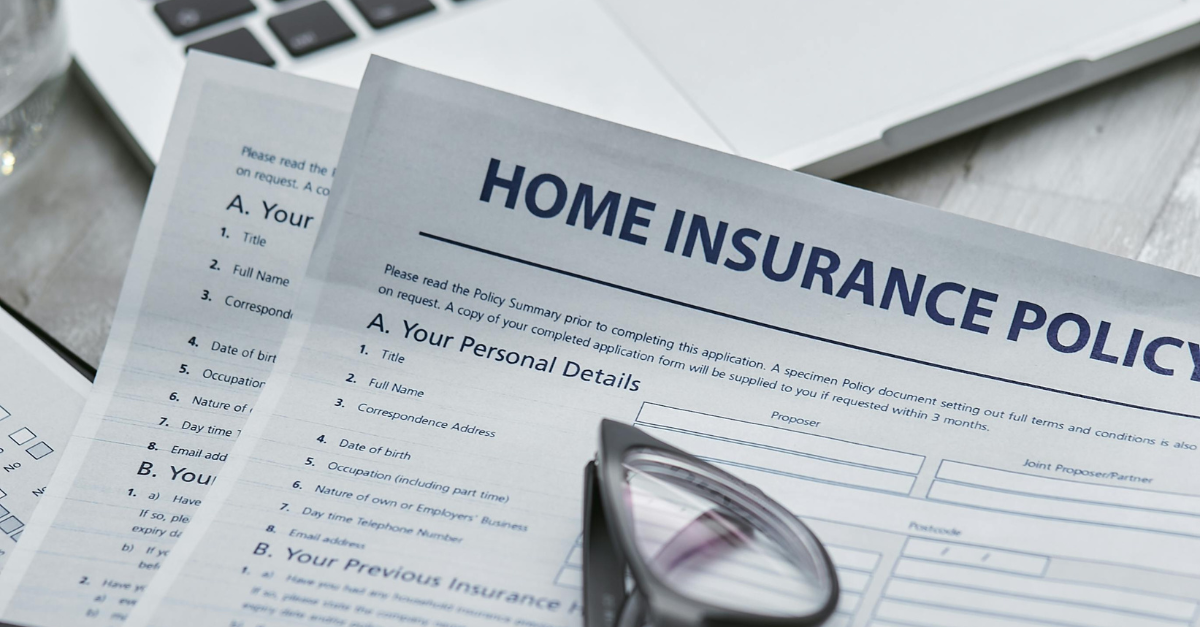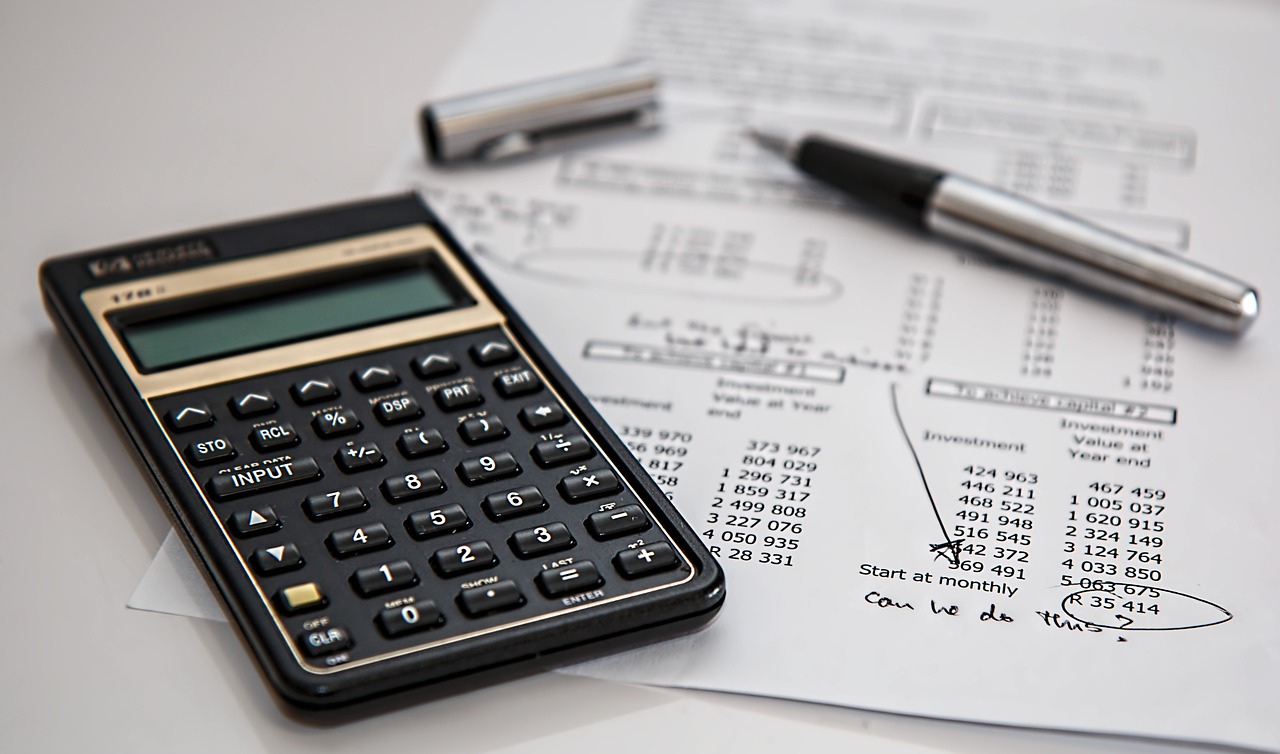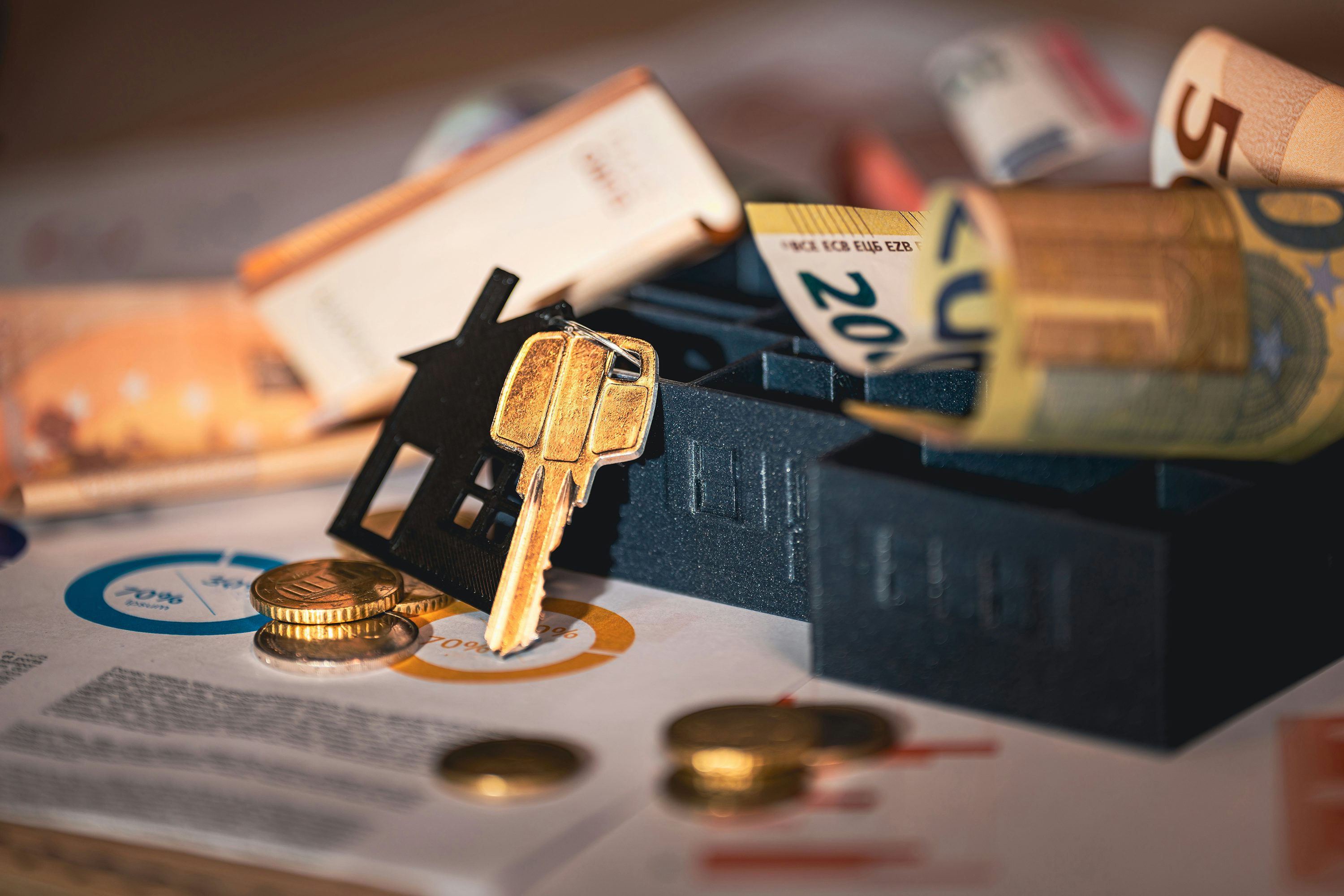How Can You Prevent Private Mortgage Insurance (PMI) and What Is It?
Purchasing a home marks a significant milestone, though many lack the means for outright payment. Mortgages and, on occasion, private mortgage insurance, or PMI, play this role. Your monthly loan payment may increase by hundreds of dollars due to PMI.

Over the duration of your loan, knowing about it and how to prevent it could save you hundreds of dollars. Let's take a straightforward approach.
What is PMI?
In the event that you are unable to make your mortgage payments, private mortgage insurance (PMI) safeguards the lender instead of you. The annoying thing is that, despite your monthly payment, you receive no immediate benefits from PMI. It's just a cost, an additional monthly outlay on top of your loan.
How Much Does PMI Cost?
The cost of PMI depends on:
- Loan amount
- Credit score
- Down payment size
- Type of loan
PMI normally costs 0.5% to 1.5% of the initial loan amount annually.
For instance, PMI may cost you between $125 and $375 a month if you purchase a $300,000 home with a low down payment! And the worst part? That’s money you’re paying for insurance you never personally benefit from.
How to Avoid PMI
Good news — you can avoid PMI with a few smart strategies.
Here’s how:
1. Choose a Loan Program without PMI
Some government-backed loans, like VA loans (for military service members), don’t require PMI at all.
Specialized initiatives for novice homeowners often combine minimal down payments with PMI waivers.
Shop around and ask lenders what options you qualify for.
2. Pay for "Lender-Paid PMI"
Some lenders offer “Lender-Paid PMI.”
Lenders often apply a modest interest rate premium as an alternative to monthly mortgage insurance.
Be careful though — it might cost more over time, so always compare the numbers.
3. Refinance Later
If you buy with a small down payment today, you’re not stuck forever.
Once your home’s value rises and you build 20% equity, you can:
Ask your lender to cancel PMI.
Refinance your mortgage to a new loan without PMI.

Is PMI Always a Bad Thing?
Not necessarily. If paying PMI allows you to buy a home sooner — instead of spending years saving a 20% down payment it might still be worth it. Home prices usually rise over time. Owning sooner could mean building equity faster, even if you’re paying a little extra each month. But if you can avoid it, or remove it quickly, you’ll save a lot of money in the long run.
Final Thoughts
PMI is one of those hidden home-buying costs many people don’t think about until it's too late. While it can help you buy a house with a smaller down payment, it’s still money coming out of your pocket each month. Understanding how PMI works — and using smart strategies to avoid or eliminate it — can make a big difference in your financial future. Before you buy, make sure you ask your lender about PMI options, and create a plan that protects your money as much as possible
(Writer:Galli)




